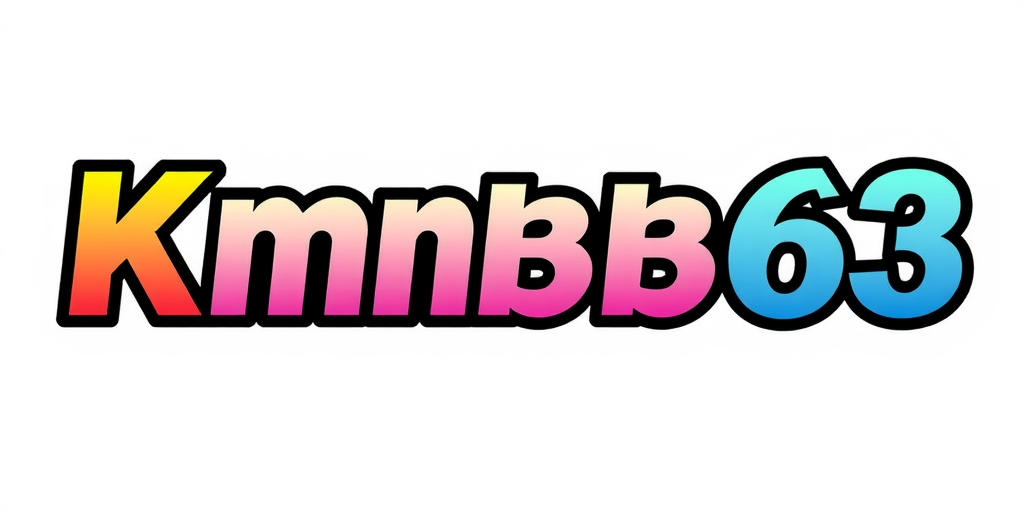
Latest
Update

News

News
Donald Trump Plans to Designate Antifa as a Key Radical Organization
April Powell
Sep 18

News
Hoping for a Visa Before Loss: Gaza’s Wounded Minors Stranded in Uncertainty
April Powell
Sep 18
Recent Articles
Could All Signs Finally Coming Together for a ‘Renewed Era’ of Atomic Power?
News • April Powell • Sep 18American Judge Directs Removal of Pro-Palestinian Leader Due to Misrepresented Information on Green Card Form
News • April Powell • Sep 18Today's Top Highlights
Discover the latest stories and insights from our community
 News
News
The French government Needed to Endorsed Palestinian Statehood Years Ago: A Skeptic Questions: What Changed?
 By April Powell
•
18 Sep 2025
By April Powell
•
18 Sep 2025
📖 5 min read
Read More →
 News
News
What Exactly Would Jimmy Kimmel State Concerning Charlie Kirk’s Death?
 By April Powell
•
18 Sep 2025
By April Powell
•
18 Sep 2025
📖 5 min read
Read More →
 News
News
‘Like a Terrible Dream – But I Never Stirred’: What It’s Like Parting With Your Dearest Friend.
 By April Powell
•
18 Sep 2025
By April Powell
•
18 Sep 2025
📖 5 min read
Read More →
 News
News
Australia Unveils Increased Emission Cuts by 2035
 By April Powell
•
18 Sep 2025
By April Powell
•
18 Sep 2025
📖 5 min read
Read More →
 News
News
France Bracing for Significant Protest Day Amid Worsening Political Crisis
 By April Powell
•
18 Sep 2025
By April Powell
•
18 Sep 2025
📖 5 min read
Read More →
 News
News
Remains Found in Vehicle Linked to Artist D4vd Confirmed as Missing Teenager
 By April Powell
•
18 Sep 2025
By April Powell
•
18 Sep 2025
📖 5 min read
Read More →
 News
News
Disputed Church Leader Denies Gift-giving Allegations Against Ex-South Korea President's Wife
 By April Powell
•
18 Sep 2025
By April Powell
•
18 Sep 2025
📖 5 min read
Read More →
 News
News
Families of the Air India tragedy victims file lawsuit aviation firms Boeing and Honeywell
 By April Powell
•
18 Sep 2025
By April Powell
•
18 Sep 2025
📖 5 min read
Read More →
 News
News
 News
News
Ex- Broadcaster Alan Jones Pleads Not Guilty to Twenty-seven Charges
 By April Powell
•
18 Sep 2025
By April Powell
•
18 Sep 2025
📖 5 min read
Read More →
 News
News
China's Monastic Commerce Under Scrutiny as Scandals Shake Prominent Religious Leaders
 By April Powell
•
18 Sep 2025
By April Powell
•
18 Sep 2025
📖 5 min read
Read More →
 News
News
EU-Backed Arms Deliveries Begin Under Prioritised Ukraine Requirements List Scheme
 By April Powell
•
18 Sep 2025
By April Powell
•
18 Sep 2025
📖 5 min read
Read More →
Recent Posts
 News
News
 News
News
 News
News
 News
News
September 2025 Blog Roll
August 2025 Blog Roll
July 2025 Blog Roll
June 2025 Blog Roll
Sponsored News
 News
News
Promoter Eddie Hearn Warns of Legal Action Against Eubank Jr Following Disruption Claims
 By April Powell
•
18 Sep 2025
By April Powell
•
18 Sep 2025
 News
News
Australian Broadcaster Barred from Trump's British Press Conference After Journalist Confrontation
 By April Powell
•
18 Sep 2025
By April Powell
•
18 Sep 2025
 News
News
Israel Threatens National Film Awards After Arab Film Wins Best Picture
 By April Powell
•
18 Sep 2025
By April Powell
•
18 Sep 2025
 News
News
The nation counts the cost of devastating wildfire season
 By April Powell
•
18 Sep 2025
By April Powell
•
18 Sep 2025
 News
News
Censoring You in Real Time: Suspension of Jimmy Kimmel Show Ignites Outrage and First Amendment Alarms
 By April Powell
•
18 Sep 2025
By April Powell
•
18 Sep 2025
 News
News
The Royal Family Roll Out Grand Welcome Amid Protests; Jimmy Kimmel Taken Off Air Over Kirk Remarks
 By April Powell
•
18 Sep 2025
By April Powell
•
18 Sep 2025
